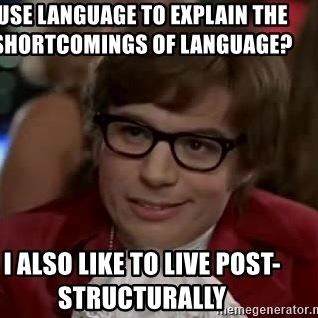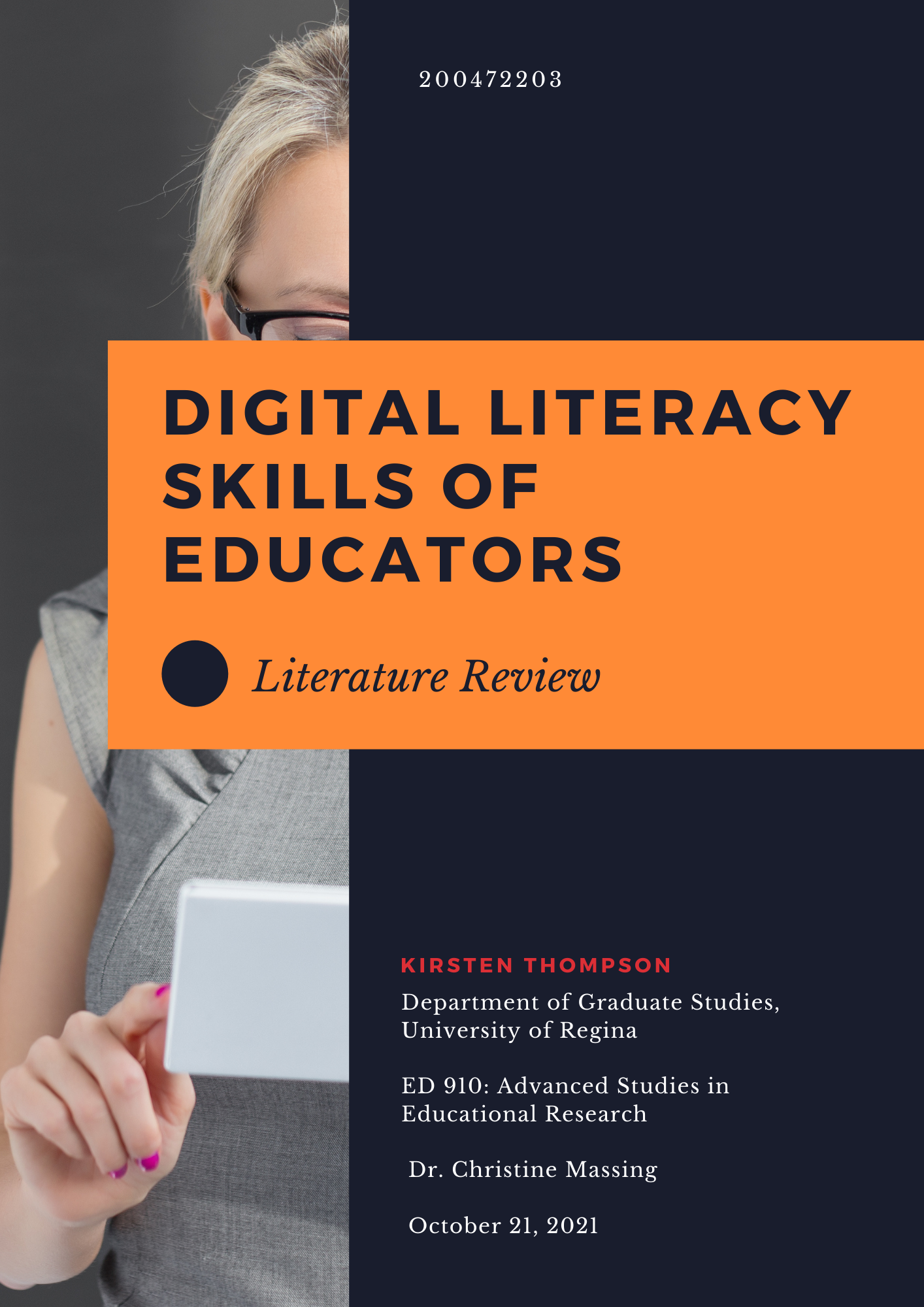*This post has been written as part of my journey as a Ph.D student through University of Regina. As discussed previously, one of my professional development goals for the summer includes the completion of two classes as part of my Ph.D journey. While I purposefully choose to document all university courses through the blog this specific class, Social Media & Open Education: EC&I 831, actively calls for blog posts and online participation as one of the class requirements. As such, the vast majority of posts within the next few days/weeks will be tagged with #EC&I831 for easy curation. These posts… Read More
M.Ed… 3 Years Later!
On Thursdays I usually use our social media platforms to share using the #ThrowbackThursday trend where users participate by sharing a memory (recent or distant). These posts don’t usually make it to the blog but when a memory popped up today I was surprised to see I hadn’t placed it as a feature on the blog in the past. In 2014 I decided to head back to Brandon University to pursue by Master of Education degree. Throughout this journey I shared about my experiences and published assignment work using the tag “University” and, in the spring of 2018, I published… Read More
Ethical Influences
*This post has been written as part of my journey as a Ph.D student through University of Regina This summary aims to provide a synopsis of my research interest as it currently exists. The work takes the reader through three topics to summarize my own experience and current understanding: 1. background context, 2. research problem, and 3. theoretical grounding. The paper will conclude with an overview of how three readings from the course have drawn my interest and will inform my work as I progress through this journey. Background One unseen benefit of the Covid-19 pandemic is that the… Read More
Ethics as the Essence of Education
*This post has been written as part of my journey as a Ph.D student through University of Regina The systemic practice of education is, at its core, a conscious effort to move learners from one ethical subjectivity to another and, as such, ethics can be viewed as the essence of education (Bazzul, 2022). While an outside perspective may be clouded by the superficial emphasis of curricular content, subjects, programs, et cetera, education fundamentally focuses on ways of living and being that can be characterized as expansive. This paper will strive to provide an overview of Bazzul’s recent work, An intensive… Read More
Poststructuralism
*This post has been written as part of my journey as a Ph.D student through University of Regina As you embark on your journey to understand postructuralism and the implications it has on education it must be understood that this paper, and any piece of work on the subject, operates on multiple planes that cannot and will not arrive at any objective or final meaning. Paul (2005) goes as far as stating that, “there is no poststructuralism”. While this particular work strives to align with a set criterion of expectations outlined by the institution, poststructuralists like Deleuze and Guattari reject,… Read More
Preliminary Research Map
*This post has been written as part of my journey as a Ph.D student through University of Regina Background One unseen benefit of the Covid-19 pandemic is that the use of technology in education has increased at a far higher rate than if our traditional classroom model was still in place (Nantais, M. et al., 2021, p. 34). The switch to remote learning has placed all educators, students, and families in a position where they are required to modify their existing practices and learn how to use digital tools in new ways. However, an increase in the use of online… Read More
Digital Literacy Skills of Educators
*This post has been written as part of my journey as a Ph.D student through University of Regina
Programmed Oppression
*This post has been written as part of my journey as a Ph.D student through University of Regina Critical theory, the legacy of the theoretical work of the Frankfurt School, is centered on changing the circumstances of the oppressed. Giroux (2009) explains that critical theory in education, “…enables educators to become more knowledgeable about how teachers, students, and other educational workers become part of the system” that is emphasized through organizational practices, messages, and values; often referred to as the hidden curriculum. In the realm of educational technology, the pervasive school of thought has seen the inclusion of technology in… Read More
Interpretivism: The Ed Tech Coaches’ Playbook
*This post has been written as part of my journey as a Ph.D student through University of Regina In our discussion of research paradigms, interpretivism operates on the foundation that sociology needs to be approached differently than the positivist objective stance taken by natural science branches. Crotty (1998) shares that the interpretivism epistemology is one that, “looks for culturally derived and historically situated interpretations of the social life-world.” The role of an educational coach depends on one’s ability to operate within this context as our students’ [educators, administrators, and support positions] programming requires an understanding of symbolic interactionism. A primary… Read More
Constructing The Echo Chamber: Constructivism in Social Media Use
*This post has been written as part of my journey as a Ph.D student through University of Regina As we enter the third school year under the presence of the Covid-19 global pandemic there is a narrative of acclimating to a “new reality”. What has been overlooked by some administrators is that, for many of their staff and students, their life has been operating in a new reality for much longer than they may realize; the self-constructed reality as developed by social media. Michael Crotty (1998) defines constructionism as the stance in which knowledge is constructed by the interactions between… Read More

